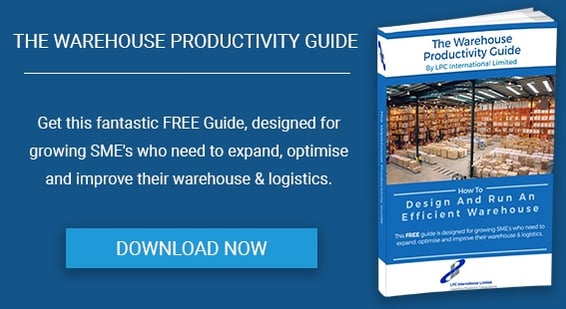
lementing a Warehouse Management System that does what you need can greatly enhance productivity and throughout as well as reducing wastefulness that costs money. It enhances customer satisfaction and employee morale and provides a management window into the state of health of one of the more impenetrable and expensive cost centres of a manufacturing or distribution operation.
At a high level, the same basic rules apply to select a WMS as to choosing a major system for any other business function:
- Know your real requirements and prioritise them
- Invite as many informed inputs as practically possible
- Look for integration capability and compatibility
Below that, there can be an endless list of “things you should do” and how to go about selecting a product and a vendor. Management should also bear in mind that there is an element of day to day maintenance of a WMS – it does not do everything by itself.
Knowing Your Requirements
This is the most important step. Time spent in analysing and prioritising what you want from a WMS pays dividends, and helps to highlight the system that best matches your own priorities. The following sub-headings will help to guide your thinking:
Processes – all your regular processes, receiving, storage and outbound including smooth returns handling (if it applies) and returns to suppliers.
Roles – flexibility in assigning functions to roles is very useful in ensuring that, say, warehouse operatives have access to all of the functions and features that they need but not to management functions.
Automation – accepting bar code input is becoming an essential of warehouse productivity at every stage of the throughput process. That is probably the bare minimum.
Reporting – strategic management reports and daily / live tactical reports are often left to the end, or not specified at all. It is not a good idea to leave it up to the system vendor to decide what reporting you will receive.
Usability – An easy to use and intuitive system means faster implementation with less training and more positive user acceptance. Accessibility to remotes users from tablets and smartphones is worth considering.
Inviting Warehouse User Input & Expert Advice
Every manager, employee, supplier or frequent visitor to your warehouses will have some observations to contribute. Some may be very valuable. It is important to invite comments from as wide a body of interested users as possible. Also, do consider consulting with experts in the field of warehouse management, such as ourselves here at LPC.
Integration Capability & Compatibility
A good WMS should be capable of easy integration with or without middleware with the major ERP players to utilise and exchange the valuable relevant data that is captured by both types of system and the vital transfer of data that is required. The synergies can then be leveraged to deliver important empirical measurements surrounding the whole supply chain, in many cases.
Find The Best System For You
We offer a very informative eBook for free download: The Warehouse Productivity Guide which is packed with useful pointers and tips for many aspects of productivity enhancement. We also offer our extensive experience of helping clients specify and select the most appropriate WMS to suit their operation. We ourselves are not system vendors but we possess in-depth familiarity with most of the popular systems. Contact us today for a free no obligation discussion or visit regarding your needs, and costs, and we can explain in detail how we may help.


